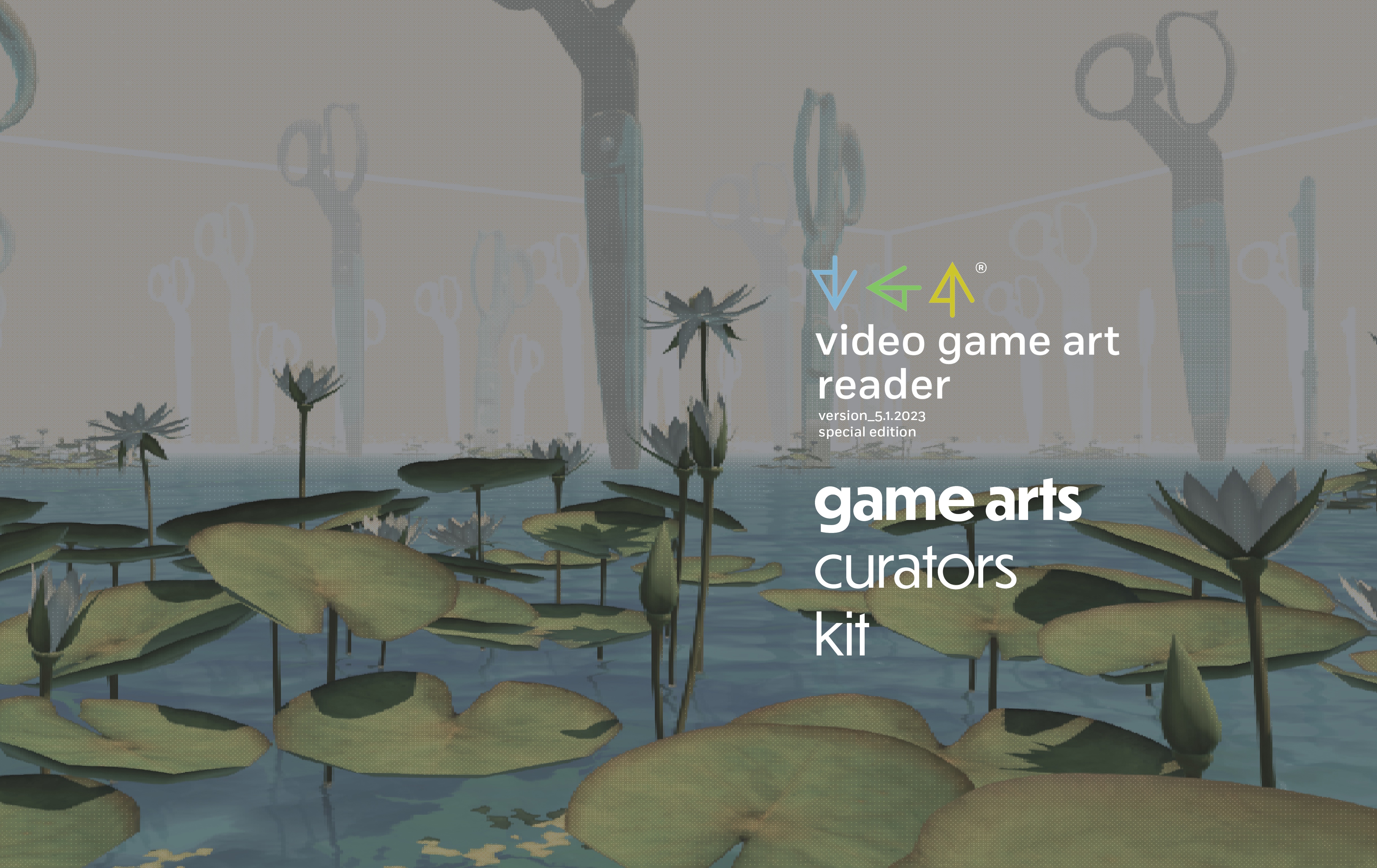'Resident Aliens: A Brief History of Videogames and Fine Art'
March 10th, 2024 by Tiffany Funk
“Resident Aliens: A Brief History of Videogames and Fine Art” is in the March issue of ArtReview. An excerpt:
In March 2009, Cory Arcangel’s Super Mario Clouds (2002) appeared on the cover of Artforum, signalling that videogames had finally ‘made it’ into art discourse proper. All Arcangel had to do was jettison almost every element (ground, trees, powerups, monsters and Mario himself) that had earned the original Super Mario Brothers cartridge a ‘Nintendo Seal of Approval’ to make it into a video edition. While there were earlier and arguably more provocative Mario hacks, such as Myfanwy Ashmore’s Super Mario Trilogy (2000–04) – an existential-nightmare modification of the game in which Mario lives and dies without the performance-enhancing drugs that allow him to reach the level-ending flag – Arcangel’s Clouds are benign and boring, more Abstract Expressionist colour-field than side-scroller.
This comparison – Arcangel’s versus Ashmore’s Mario – offers a provocative lens through which to play recent high-profile videogame artworks. One such work, Gabriel Massan’s Third World: The Bottom Dimension (2023), a free-to-play downloadable videogame made for the Serpentine’s 2023 exhibition of the same name, marked a significant moment in the history of videogame art. Not so much because of its content, but more in its high-profile participation in the ‘play-to-earn’ gaming genre as conspicuous cultural capitalism. The game features a playable character named Funfun (Yoruba for ‘white’) – a hybrid robot-organic construct navigating a dynamically shifting alien landscape. The Unreal Engine-generated habitats of fungi and rock grow, morph and decay much like so many pop-cultural dystopian landscapes, nodding to such sublime horrors as the DNA-altering ‘shimmer’ in Alex Garland’s film Annihilation (2018), the fungal mutations in The Last of Us television (2023–) and videogame (2013) series, as well as the eldritch trappings of games like Elden Ring (2022) and Death Stranding (2019).
